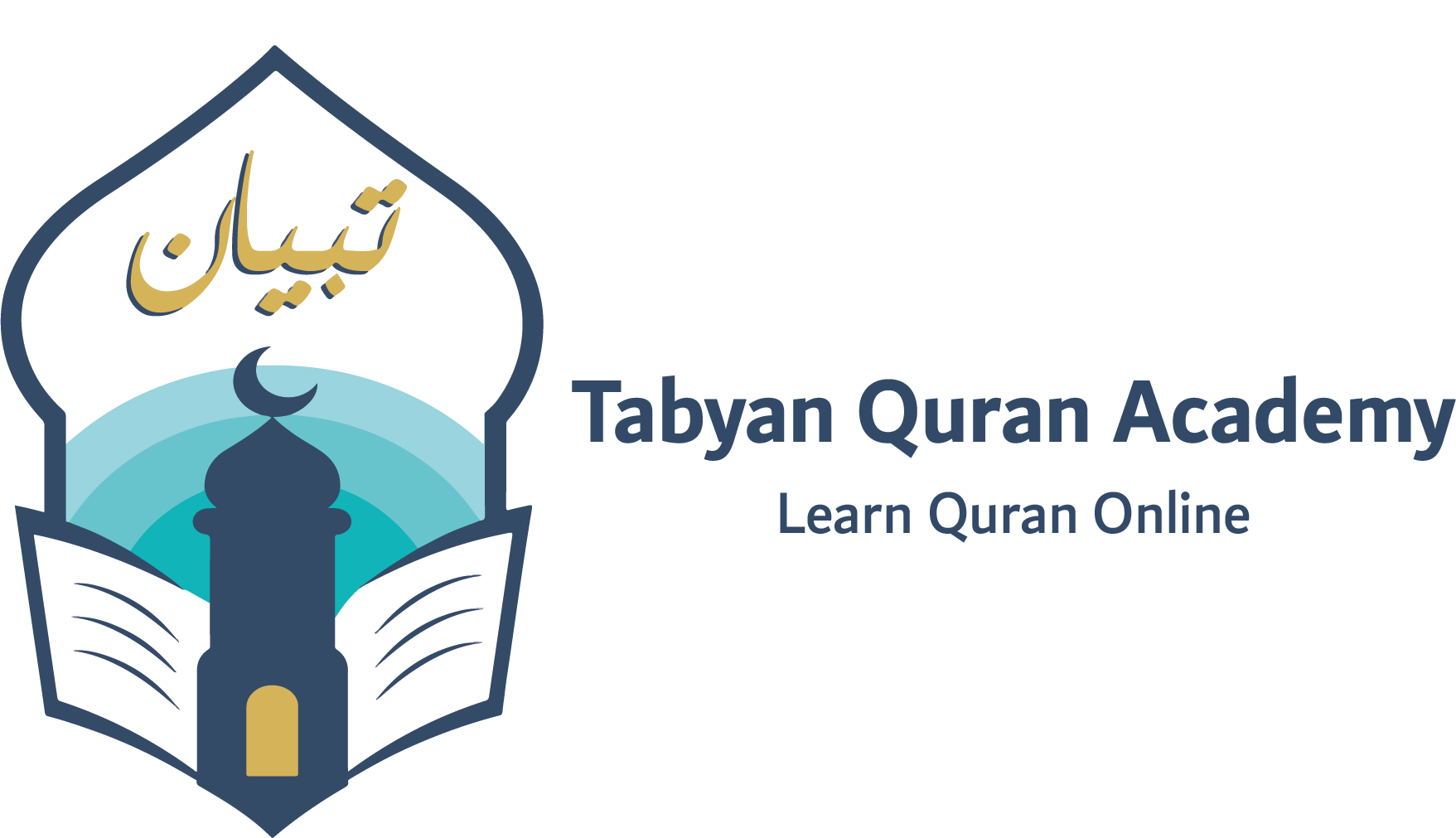Follow us :
Science of Prophetic Traditions (Hadith)
- Home
- Our Courses
- Science of Prophetic Traditions (Hadith)
About This Course
Science of Prophetic Traditions (Hadith) Course is designed to deepen your understanding of the authentic teachings and legacy of the Prophet Muhammad (PBUH) through rigorous study of Hadith authentication (Mustalah al-Hadith ) and contextual analysis.
Course Overview
- Duration : 12–16 weeks (flexible pacing).
- Format :
- Live Sessions : Interactive classes with certified scholars.
- Self-Paced Modules : Videos, articles, and primary texts.
- Research Projects : Analyze Hadith authenticity and contextual relevance.
- Outcome : Earn a certification and gain skills in Hadith analysis, authentication, and ethical application.
Prerequisites
- Basic Quranic familiarity (reading Arabic or understanding translations).
- Foundational Islamic knowledge (‘Aqeedah , Prophetic biography).
Curriculum
Key Topics :
- Importance of Hadith in Islamic law, theology, and ethics.
- Mustalah al-Hadith : Terminology of Hadith classification (sahih , hasan , da’if ).
- The role of Hadith in understanding the Prophet’s (PBUH) life and teachings.
Key Topics :
- Hadith Chains (Isnad) : Analyzing narrator reliability and transmission history.
- Criteria for verifying authenticity (e.g., continuity of narration, narrator integrity).
- Common errors in Hadith transmission and modern challenges.
Key Topics :
- Study of Sahih al-Bukhari , Sahih Muslim , and other key works (Sunan al-Nasa’i , Sunan Abu Dawud ).
- Thematic analysis of selected Hadiths (e.g., worship, ethics, governance).
- Comparison of methodologies among classical scholars (e.g., Al-Bukhari, Imam Muslim).
Key Topics :
- Extracting Fiqh (Islamic law) and ethical principles from Hadith.
- Addressing modern dilemmas (justice, gender, technology) through Prophetic teachings.
- Balancing textual analysis with contemporary relevance.
Key Topics :
- Critiquing Hadith misinterpretations and fabricated traditions.
- Engaging with modern scholarship on Hadith contextualization.
- Ethical responsibility in citing and applying Hadith today.
Key Topics :
- Research Project : Analyze a Hadith collection or theme (Hadith on environmental stewardship).
- Tools for Hadith research (digital databases like Al-Maktaba al-Shamilah ).
- Writing a critical analysis of a Hadith chain or text.

The Science of Prophetic Traditions (Hadith) course provides a comprehensive study of the Prophet Muhammad’s sayings, actions, and approvals. Students delve into the intricate methodologies of Hadith criticism, exploring the reliability of narrators, the authenticity of texts, and the various classifications of Hadith. This course equips learners with the tools to understand the significance of Hadith in Islamic law and practice, fostering a nuanced appreciation for its role in shaping Muslim life.
Preview This Course
This Course Include
- Principles of Tafsir (Usul al-Tafsir)
- Historical Context
- Linguistic Analysis
- Different Exegetical Approaches
- Quranic Sciences ('Ulum al-Quran)
- Critical Analysis of Exegetical Works
Why This Structure Works
- -- Foundational to Advanced : Builds from basics to complex authentication methods.
- -- Balanced Approach : Combines classical scholarship with modern critical thinking.
- -- Skill Development : Tools for authenticating Hadith and applying them responsibly.
Course FAQ
This course FAQ clarifies the complexities of Prophetic Traditions, explaining isnad analysis, matn evaluation, and Hadith classifications (Sahih, Da'if). Learn about narrator reliability, authentication methods, and the role of Hadith in Islamic law.
What does the Science of Prophetic Traditions (Hadith) Course cover?
The course teaches Hadith authentication (Mustalah al-Hadith ), analysis of narration chains (isnad ), and interpretation of key collections like Sahih al-Bukhari and Sahih Muslim . Topics include classical methodologies, legal and ethical applications of Hadith, and modern debates on authenticity and relevance.
What are the prerequisites for enrolling?
Basic Islamic knowledge (e.g., understanding of the Quran and Prophet Muhammad’s life) is recommended. No prior Hadith expertise is required—classical and modern methods are taught from scratch. Arabic proficiency is helpful but not mandatory.
Who is this course for?
Ideal for:
Students of Islamic Studies seeking academic rigor. Spiritual seekers deepening their understanding of Prophetic teachings. Community leaders wanting to teach or lead with authentic Hadith insights.
Students of Islamic Studies seeking academic rigor. Spiritual seekers deepening their understanding of Prophetic teachings. Community leaders wanting to teach or lead with authentic Hadith insights.
How is the course structured?
Combines live sessions with scholars, self-paced modules (videos, articles, classical texts), and research projects analyzing Hadith authenticity and application.
Do I need to read Arabic to join?
Basic Arabic literacy helps, but translations are provided. Non-Arabic speakers can engage with thematic studies, while advanced authentication requires Arabic proficiency.
What’s the difference between classical and modern Hadith studies?
Classical : Focuses on traditional authentication methods and classical scholars like Al-Bukhari.
Modern : Uses interdisciplinary approaches to address contemporary issues (gender, technology) through Hadith.
